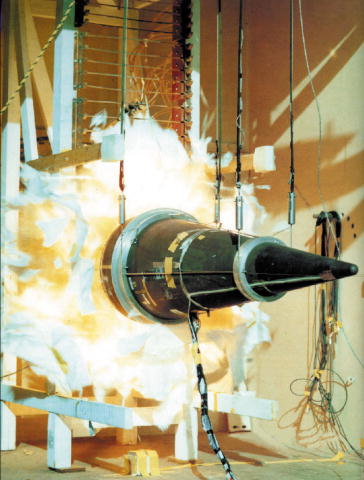U.S. Suspends Weapons Shipments to Ukraine Amid Stockpile Concerns

The United States has announced a suspension of certain weapons shipments to Ukraine, citing significant concerns regarding the depletion of its own military stockpiles. This decision, articulated by White House spokesperson Anna Kelly, was made in light of a comprehensive review of military assistance priorities conducted by the Biden administration. The review underscores an evolving perspective on U.S. military support as the conflict in Ukraine intensifies, particularly in the wake of escalating Russian attacks.
Historically, the U.S. has provided substantial military assistance to Ukraine, amounting to over $66 billion since the onset of the Russian invasion in February 2022. The military aid has been pivotal in bolstering Ukraine's defenses, enabling it to resist numerous assaults from Russian forces. However, the recent decision to halt some shipments reflects a critical reassessment of military resources amidst ongoing global security challenges.
According to a U.S. official who spoke on the condition of anonymity, the Department of Defense identified specific munitions that were at risk of being held back due to insufficient stockpiles. This official confirmed that the Pentagon's evaluation raised alarms regarding the sustainability of military support for Ukraine while ensuring the readiness of U.S. forces. The official did not disclose the exact types of weapons affected by the shipment suspension.
This shift in policy has been interpreted as a reflection of President Donald Trump's new strategic priorities, which emphasize putting American interests first. Trump's administration has consistently advocated for a more isolationist approach to foreign military engagements, suggesting that European nations should assume greater responsibility for their own defense against Russian aggression. "America’s military has never been more ready and more capable," stated Sean Parnell, a White House spokesperson, reinforcing the notion that U.S. military readiness must be preserved.
The implications of this decision are profound for Ukraine, especially as it faces a surge in aerial attacks from Russia. The recent spike in hostilities has intensified concerns regarding the effectiveness of Ukraine's defense capabilities. The suspension of weapon shipments is perceived as a significant setback for Ukraine, which relies heavily on U.S. support to counteract Russian advances.
In discussions with Ukrainian President Volodymyr Zelenskyy, Trump acknowledged the need for advanced weaponry, including Patriot air defense systems, which are crucial in the ongoing conflict. However, he also noted that such resources are limited and must be shared judiciously among U.S. allies, including Israel.
Experts have weighed in on the situation, with Dr. Michael Smith, a geopolitical analyst at Johns Hopkins University, arguing that this decision could embolden Russia. "By reducing military support for Ukraine, the U.S. risks sending a signal of weakness to Moscow, potentially exacerbating the conflict," he warned in a recent interview.
Conversely, some analysts believe that this strategic pivot may compel European nations to step up their military contributions. According to Dr. Linda Chen, a political scientist at the University of London, "The U.S. decision may catalyze a more unified European defense strategy, which could ultimately benefit Ukraine in the long term."
The current situation reflects a complex interplay of geopolitical interests, national security imperatives, and the urgent need for a coherent strategy in responding to Russian aggression. As the U.S. recalibrates its military commitments, the future of Ukraine's defense capabilities hangs in the balance, underscoring the necessity for continued international dialogue and cooperation.
In conclusion, the suspension of U.S. weapons shipments to Ukraine serves as a critical juncture in the ongoing conflict, highlighting the challenges of balancing domestic military readiness with international obligations. The potential repercussions of this decision will resonate not only in Ukraine but across the broader geopolitical landscape, as nations reassess their positions in light of evolving security dynamics. As discussions continue, the international community will be watching closely to gauge the long-term impacts of this strategic shift.
Advertisement
Tags
Advertisement





